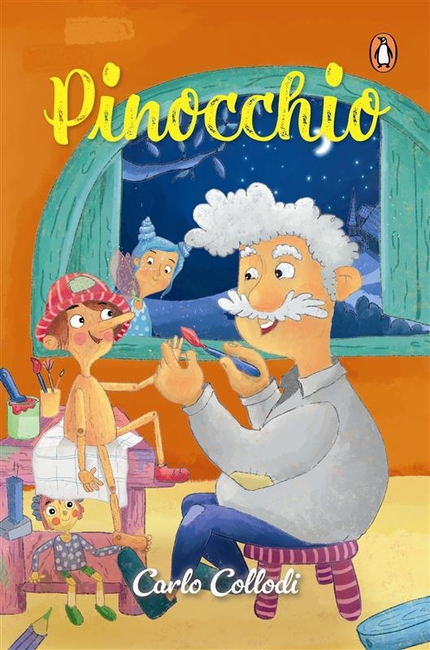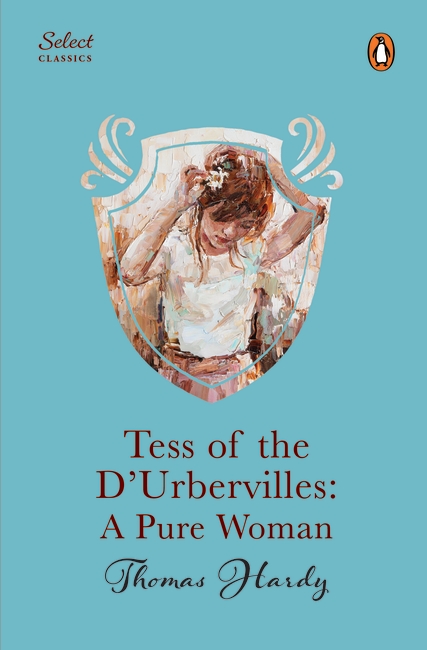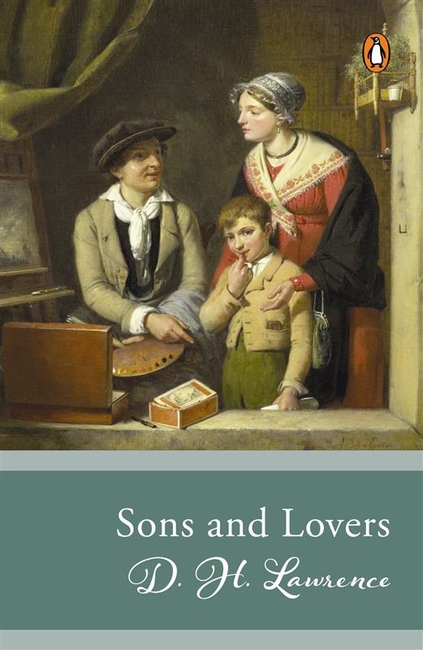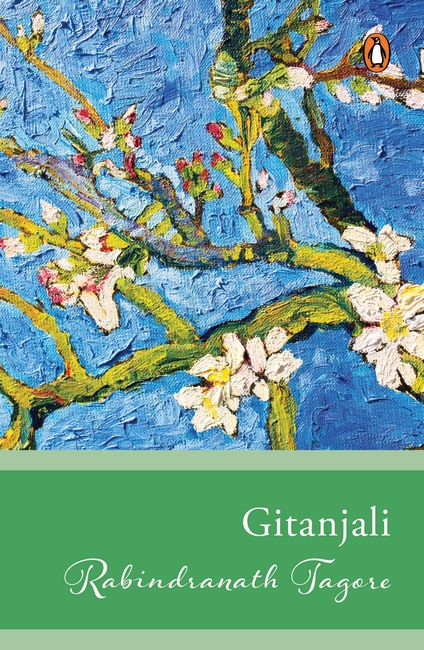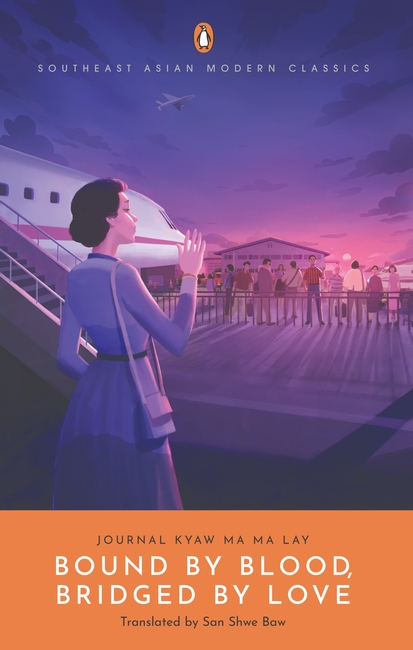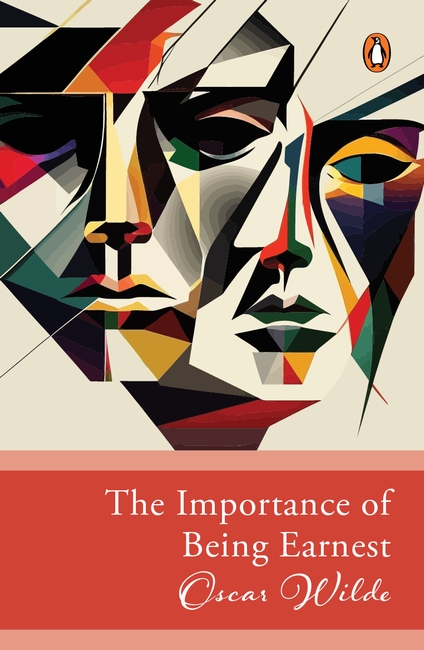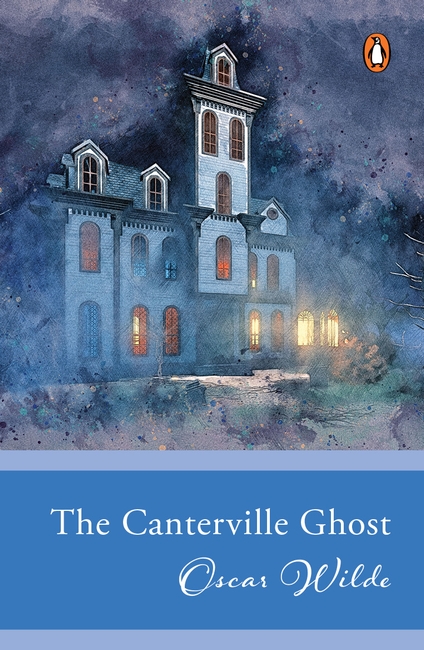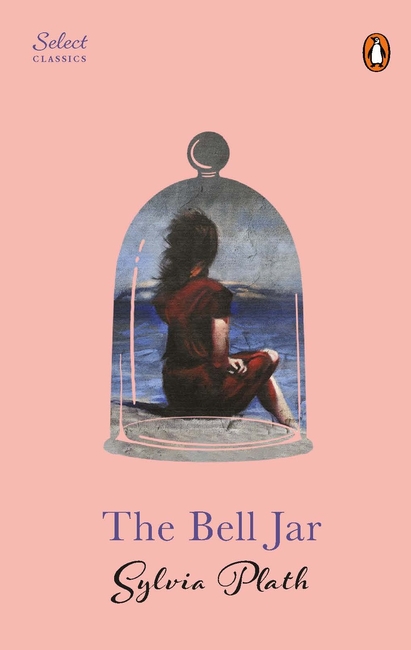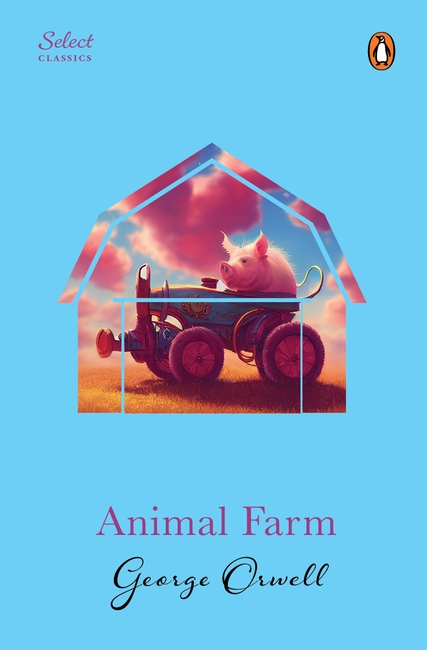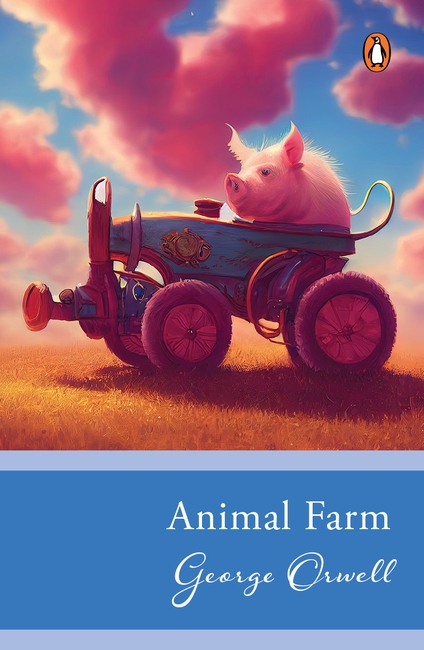Geppetto, a humble woodcutter, longed for a son of his own. One day, he carved a little boy with sweet features out of a piece of wood, a wooden puppet that embodied all of Geppetto’s dreams of having a child. To Geppetto’s amazement, the puppet came to life! Geppetto raised Pinocchio as any devoted parent would, sacrificing everything for him, from selling his coat to pay for school fees to teaching him the best manners. Yet, little Pinocchio was naughty even at his best and rarely followed his father’s instructions. With every lie and naughty deed, his nose grew longer and longer. Will Pinocchio learn to be an obedient boy? Will he realize that Geppetto’s love and guidance are the most precious gifts he could ever receive?
Catagory: Classics
Penguin Select Classics: Tess of the D’ Urbervilles (Original, Unabridged Classic, Premium Hardbound Collector’s Edition, Ideal for Gifting)
“Did it never strike your mind that what every woman
says some women may feel?”
Set in the thriving countryside of England, this is the story of a
vibrant young girl, Tess, who was leading a life of considerable
agency, freedom, happiness, and aspirations.
However, everything changed when her family discovered they were
descendants of nobility and inherited the heavy and consequential
surname of d’Urberville. Suddenly, Tess from the countryside
became Tess d’Urberville, and with that name came the restrictions
of England’s upper-class society.
She could no longer think, act, or live on her own terms. Conforming
to her new reality began to stifle and drain her spirit. The final
nail in the coffin was her encounter with Alec d’Urberville, which
irrevocably altered the course of her life.
Written with profound emotional depth and thought-provoking
prose, Tess’s journey is an ode to women and a call to never give up
on the power they hold within.
Penguin Select Classics: Sons and Lovers (Original, Unabridged Classic)
“And in this passion for understanding her soul lay close to his; she had him all to herself. But he must be made abstract first.”
Quite often in our quest to shield our children, we end up passing down our insecurities to them; and what we think is an armour ends up becoming a leash holding them back. Paul Morel was a young man with artistic aspirations, but he hailed from a working-class mining community, which made his ambitious sound too dangerous. Gertrude, his mother, was his fierce protector; they shared the closest bond.
Gertrude, a sensitive and artistic woman, wanted a better life for her sons, particularly Paul. But her intense love for him becomes both an inspiration and a stifling force as he strives to do things his own way.
Through the innermost thoughts and emotions of the characters, this family story explores how di cult it is for members from communities like mining, to desire for beauty, art, and individuality.
How will Paul balance the tension between duty and emotional fulfilment? Will he be able to break free from the confines of a mother who sees him as an extension of herself?
Penguin Select Classics: Gitanjali (Original, Unabridged Classic)
“If you cry because the sun has gone out of your life,
your tears will prevent you from seeing the stars.”
Gitanjali is a collection of poems by the beloved Indian poet Rabindranath Tagore. A true classic of world literature that left the readers mesmerised, and in 1913 earned Tagore the Nobel Prize in Literature. This collection of 103 poems is Tagore’s poetic reflection on the most important aspects of life, such as devotion, spirituality, love, and the universal human experience.
Rabindranath Tagore’s words hold the power to uplift a disheartened soul, bring peace where there is sorrow, and give wisdom where there is darkness. His poetry is timeless in its observations and messaging. Through the poems in Gitanjali, Tagore explores his deep love for God and humanity. With his gentle prose and soothing words, he speaks to inner turmoil of people, especially the yearnings to connect with the divine and the spirituality within the heart.
Originally composed in Tagore’s native Bengali, they were translated into English by W.B. Yeats, a coming together of two stalwarts of the literary world.
Bound by Blood, Bridged by Love
Bound by Blood, Bridged by Love is a moving novel that bridges two cultures through the bond between a brother and sister separated by distance but united by blood. Set in the aftermath of World War II, Yumisan, a young Japanese woman, discovers she has a Burmese half-brother, Maung Maung—born from her father’s wartime relationship with a local woman in Myanmar. Determined to uncover her family’s hidden past, Yumisan travels to Myanmar to find him. Their meeting sparks a complex journey of discovery and reconciliation, as both siblings confront cultural divides, the wounds left by war, and the difficult path toward understanding and forgiveness.
Penguin Select Classics: The Importance of Being Earnest
“The truth is rarely pure and never simple.”
We all play certain roles in life, at work or with family, which require us to suppress how we truly feel to perform our duties.
Set in London, the play revolves around the lives of two such young bachelors, Jack Worthing and Algernon Moncrieff, who decide to lead double lives to cope with the weights of their social obligations.
Jack becomes ‘Earnest’ to escape his country estate and win the heart of Gwendolen Fairfax. Algernon pretends to have a fictional invalid friend named ‘Bunbury’ to avoid family gatherings and responsibilities. Life takes a turn when their alternate identities collide, leading to humorous misunderstandings.
Through this entertaining satire, the story compels us to wonder how society rewards appearance and superficial acts over authentic living and seeking true happiness; making us question are we truly who we allow the world to see?
Penguin Select Classics: The Canterville Ghost
“He made me see what Life is, and what Death signifies, and why Love is stronger than both.”
At times, the scary exterior is just a cry for lots of love and understanding; and the Canterville Ghost is no different.
The Otis family purchased The Canterville Chase, a haunted castle in England. The castle is home to the ghost of Sir Simon de Canterville, who has been haunting the castle for over three hundred years. To the Ghost’s horror, the new family was just not afraid of him; instead, they set about trying to get rid of him. What ensues is a hilarious cycle of practical jokes and pranks.
Until one day, sweet and sensitive Virginia Otis, the youngest daughter of the family, discovers the ghost’s hiding place. The ghost tells her his story and asks her for help. The key to the Ghost’s peaceful departure to afterlife, is in her innocent, childlike powers.
What does the Ghost ask? Will Virginia be able to do what he needs? Find out in the most endearing tale of kindness, friendship and forgiveness.
Penguin Select Classics: The Bell Jar
“The silence depressed me. It wasn’t the silence of silence. It was my own silence.”
Esther Greenwood is a beautiful and immensely talented young lady who dreamt of being a great writer. As a college student she travelled from Massachusetts to New York to work on a magazine for a month as a guest editor. While there, she is showered with fancy dinners, and elite networking. Esther knew she should be having the time of her life, but something was wrong, and she felt deadened.
Little she knew that this was the beginning of a clinical depression which would take all sense of life out of her. After a visit from a beloved professor, she starts to believe that there is a light at the end of the tunnel.
Months of treatment later, Esther leaves the mental hospital in time to start college. She now knew that life would be a seesaw of good and bad days, and the bell jar could ring either with sadness or elation, she just needed to hear it jingle and practice what she learnt.
The Bell Jar is an intimate, and uplifting narrative written with the expert stroke of the finest writers of the century; meant to make the reader feel supported and hopeful in their journey.
Penguin Select Classics: Animal Farm
“All animals are equal, but some animals are more equal than others.”
In the satirical and politically rife land of the Manor Farm, all kinds of animals lived together and ran their civilization led by the visionary Old Major. Under Old Major the animals lead a revolt against their oppressive human owner Mr. Jones. Their dream is to establish a perfect society, which would be free from tyranny, where all animals (beings) will be equal.
The highly engaging, witty and endearing story aims to highlight the dangers of authoritarianism, and governments which pit citizens against each other. Through the compelling conversations between the animal residents of Manor Farm, the story highlights how language is used to manipulate and run propaganda to control the masses and rewrite history.
Animal Farm is a timeless and thought-provoking work, reminding readers the importance of thinking independently in order to safeguard democracy and individual liberties.
Select Classics: Animal Farm
“All animals are equal, but some animals are more equal than others.”
In the satirical and politically rife land of the Manor Farm, all kinds of animals lived together and ran their civilization led by the visionary Old Major. Under Old Major the animals lead a revolt against their oppressive human owner Mr. Jones. Their dream is to establish a perfect society, which would be free from tyranny, where all animals (beings) will be equal.
The highly engaging, witty and endearing story aims to highlight the dangers of authoritarianism, and governments which pit citizens against each other. Through the compelling conversations between the animal residents of Manor Farm, the story highlights how language is used to manipulate and run propaganda to control the masses and rewrite history.
Animal Farm is a timeless and thought-provoking work, reminding readers the importance of thinking independently in order to safeguard democracy and individual liberties.






